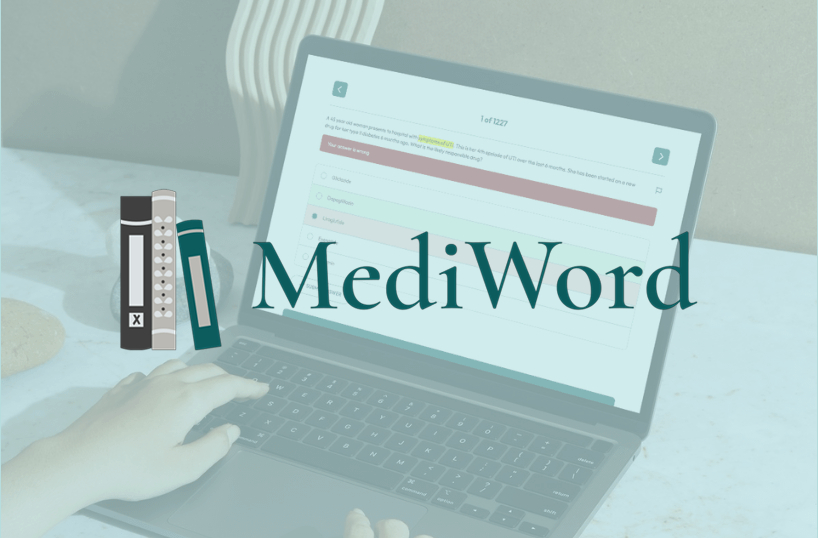How to Ace the SJT: Top Tips & Strategies for Your Exams
The Situational Judgement Test (SJT) is a unique challenge for medical students and foundation programme applicants. Unlike clinical exams, it doesn’t test your medical knowledge — it tests your professionalism, judgement, and decision-making in real-world NHS scenarios.
Because of this, the SJT can feel unpredictable and difficult to prepare for. The good news? With the right approach and strategies, you can train yourself to think like the examiners and maximise your score.
Here are the top tips and strategies to help you ace the SJT.
🎯 Understand What the SJT Really Tests
The SJT is not about finding one “perfect” answer. It’s about showing that you understand the principles of good medical practice:
- Patient safety comes first
- Be honest and act with integrity
- Escalate when needed — especially if out of your competence
- Teamwork and communication matter as much as knowledge
Before you even start practising, familiarise yourself with the GMC Good Medical Practice framework. Almost every question can be mapped back to these principles.
🎯 Practise with Realistic SJT Test Questions Scenarios
Generic multiple-choice practice won’t cut it. You need to use resources that reflect the actual exam format:
- Ranking questions – putting actions in order of appropriateness
- Multiple-best-answer questions – selecting the most appropriate three options
👉 Using a recall-based SJT test questions bank like MediWord (with 650+ SJT scenarios) ensures you see dilemmas that truly reflect NHS practice.
🎯 Use the SMART Framework
When faced with a tricky scenario, apply the SMART framework:
- S – Situation: Identify the key problem.
- M – Management options: List possible actions.
- A – Align with GMC guidance: Which option matches professional standards?
- R – Rank logically: Prioritise safety, honesty, and escalation.
- T – Time management: Be decisive under pressure.
This keeps your reasoning structured and stops you from panicking on test day.
🎯 Don’t Neglect the SJT in Revision
Many candidates focus almost entirely on clinical revision and leave the SJT until last. Big mistake. Remember:
- The SJT accounts for 50% of your MSRA exam score
- A strong SJT mark can hugely influence your foundation programme ranking
- Most students underestimate it, so good preparation gives you a competitive edge
👉 Make SJT practice questions a core part of your study plan, not an afterthought.
🎯 Practise Under Exam Conditions
The SJT is timed. You’ll need to work quickly, but carefully. That means:
- Sitting mock exams in timed settings
- Learning to trust your reasoning without overthinking
- Reviewing mistakes thoroughly afterwards
MediWord provides full SJT test questions that replicate the actual exam structure, helping you build confidence and improve pacing.
🎯 Learn From Explanations, Not Just Scores
It’s not enough to know you got a question right or wrong. The real value is in the reasoning:
- Why is one option ranked higher than another?
- How does this link back to GMC guidance?
- What principle (honesty, escalation, confidentiality, teamwork) does this test?
Always read explanations - this is where the real learning happens.
Final Thoughts
The SJT isn’t about rote learning. It’s about showing you can think like a safe, professional doctor under pressure.
By focusing on guideline-aligned reasoning, realistic practice, structured frameworks like SMART, and full mocks, you can walk into the exam with confidence.
👉 Want to prepare the smart way? Check out MediWord — with 650+ SJT scenarios, expert-led videos, and realistic mocks, it’s the most complete way to build the judgement skills you need to ace the SJT.
